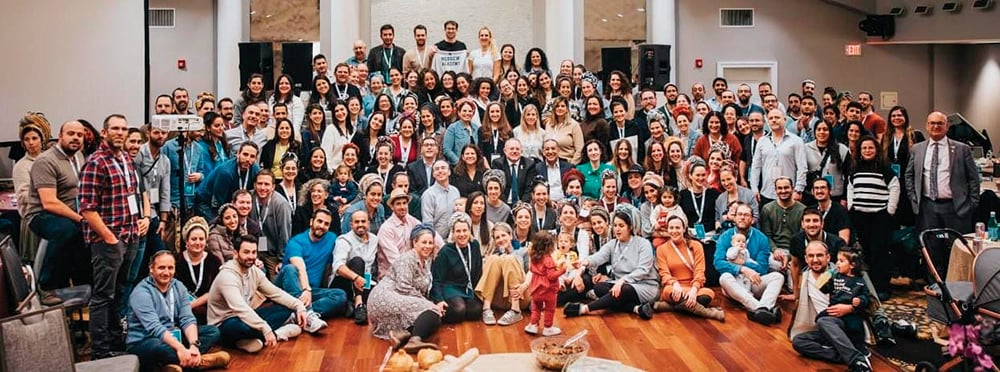
This is not talked about much but needs to be addressed.
Metabolic dysfunction has quietly become one of the most pressing health issues in our communities, yet many of us aren’t fully aware of what it is or how it affects our overall health. With the chagim right around the corner, let us dive into this important topic.
What Is Metabolic Dysfunction?
In simple terms, metabolism is how our bodies convert food into energy. When this process doesn’t work as it should, it leads to metabolic dysfunction. This can manifest in various ways, such as insulin resistance, obesity, and metabolic syndrome. Over time, these conditions can increase your risk of serious health issues like type 2 diabetes, heart disease and non-alcoholic fatty liver disease (NAFLD).
What Causes It?
Several factors contribute to metabolic dysfunction, including:
- Poor Lifestyle Habits: Sedentary behavior and diets high in processed foods and sugar.
- Genetics: Family history can influence your susceptibility to metabolic disorders.
- Environmental Factors: Exposure to chemicals and pollutants can disrupt metabolic processes.
- Stress & Sleep: Chronic stress and poor sleep patterns interfere with the body’s ability to regulate metabolism.
How Are We Doing as a Nation?
Unfortunately, the current state of metabolic health in the U.S. is concerning. Obesity rates continue to rise, with more than two-thirds of adults and one-third of children affected. As obesity rates climb, so do cases of type 2 diabetes, heart disease and metabolic syndrome. Individuals and families are suffering because of this.
What’s even more troubling is that as a community we do very little to combat it. Food options at community events are abundant with unsupportive foods and scarce of supportive foods.
What Can We Do?
While this may seem like a daunting issue, the good news is that we can address it through simple, consistent changes:
- Healthy Eating: Focus on whole, unprocessed foods and stay mindful of portion sizes.
- Regular Physical Activity: Even small amounts of movement each day make a difference.
- Managing Stress & Sleep: Prioritize mental health and make sure you’re getting enough rest.
- A Community Initiative: Community leaders step up and demand change at community events.
- A Home Initiative: The leaders of our homes make incremental changes for the better in their homes.
It’s clear that metabolic health needs to be a priority, both on a personal and societal level. By making small, sustainable lifestyle changes and raising awareness, we can collectively work towards better health.
Stay healthy, stay informed, and take care of yourself and your loved ones.
Chaim Loeb is an online health and fitness coach at Fit Yid Academy. Contact him at [email protected]











